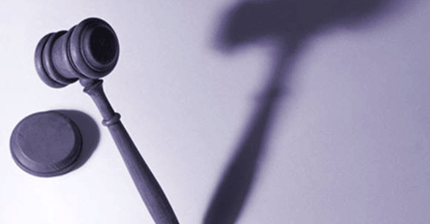
FTC Pay-for-Delay Case Against Cephalon Withstands Key Challenge
A federal court has ruled that any payment from a brand drugmaker to settle a patent infringement case that results in delay of a competitive generic product is enough to support a pay-for-delay claim, lowering the bar for such lawsuits.
The ruling came in a closely watched FTC lawsuit (FTC vs. Cephalon) that alleged an illegal pay-for-delay deal putting off generic competition to Cephalon’s wakefulness drug Provigil. Observers saw it as an early test of how courts would apply the Supreme Court’s 2013 precedent-setting FTC v. Actavis case.
Cephalon and its fellow generics defendants had sought to have the case dismissed, arguing that the Actavis case established a precedent that requires a large and unjustified reverse-payment settlement of a Hatch-Waxman lawsuit to qualify as anticompetitive.
The eastern Pennsylvania U.S. district court judge disagreed, ruling that Actavis requires no such threshold. To pass initial muster, said Judge Mitchell Goldberg, the precedent requires only that plaintiffs — in this case the FTC and direct purchasers, among others — show there was reverse payment, which they have.
From here, it’s up to a jury to decide whether the payment was pro- or anticompetitive, the judge said.
The ongoing lawsuit dates back to 2008. At the time, the FTC and the direct purchasers charged that Cephalon entered into a series of anticompetitive deals from December 2005 to February 2006 with various generics makers seeking to produce their own version of Provigil (modafinil), a sleeping disorder therapy for conditions such as narcolepsy.
Those deals, with generics makers Teva, Ranbaxy, Mylan and Barr, resulted in accumulated payouts by Cephalon totaling $300 million, the judge said, and pushed back generic Provigil to April 2012.
Teva acquired Cephalon in 2011 and Barr in 2008. — Bryan Koenig
